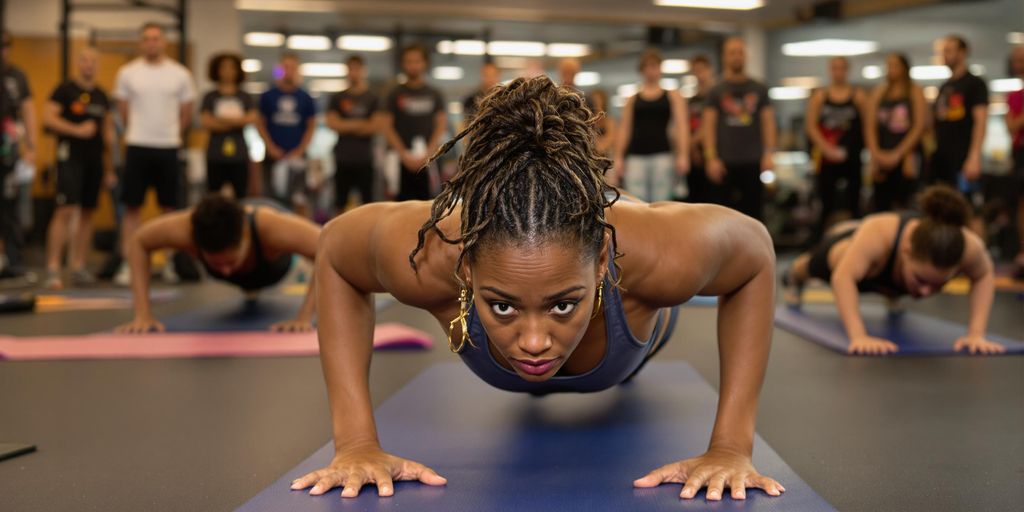If you’ve ever used the Peloton app or participated in a SoulCycle or CorePower Yoga class, you might have felt that the experience was a bit more spiritual than a typical fitness session. This high-energy, motivational approach to fitness has led to a huge boom in the boutique fitness industry, which has, in turn, started conversations about modern religious expression and the significance of such experiences.
Peloton instructors, like Jess King, are almost revered by their loyal followers, who appreciate the motivational speeches and philosophies shared over the duration of their classes. These fitness classes have become a form of community, with rituals that go beyond traditional exercise schedules and diets, or even weight loss goals. It’s more about fostering self-worth, self-discipline, and self-improvement.
It’s interesting to note that people throughout history have sought transcendence through bodily discipline. From ancient Indian Siddhas practicing yoga to 12th-century Taoists striving for spiritual breakthroughs through sleep deprivation, this journey of connecting the body, mind, and spirit has been prevalent throughout the ages.
In the present day, boutique fitness studios have evolved beyond providing the platform to burn calories to becoming community centers, places to catch up with friends or mentors, and safe spaces to foster more meaningful relationships. This transformation has occurred at a rather steep cost, with classes at SoulCycle and CorePower Yoga sometimes costing upwards of $30.
The arrival of Peloton marked a crucial turning point in the boutique fitness industry. Launched on Kickstarter in 2013, Peloton aimed to offer a boutique workout experience at home for people who were always on the go. This was regardless of the expensive equipment, costly subscription packages and other costs associated with it. The Peloton app has now attracted about 6.4 million users, all of whom partake in a variety of classes and often share their experiences on social media platforms.
The rise of the boutique fitness industry mirrored a climate of skepticism and mistrust towards long-established institutions. Traditional institutions were losing grip, and a significant population was becoming increasingly lonely and detached. The industry arrived at a time when millennials were turning away from religious affiliation and seeking a sense of community elsewhere.
Thus, boutique fitness studios emerged as sanctuaries, providing a respite from the unending decisions of daily life. Peloton, with its rich variety of well-structured courses and personal engagement, has made home workouts less solitary and more exciting. Using motivational speeches, community-building features, and user-friendly technology, these platforms offer something for everyone.
Faith and fitness have been blended in several ways in various religious communities. Christianity and Judaism have spawned workouts that incorporate prayers and physical exercise, and the wellness retreats and health coaching offered by some churches reveal this growing fusion of spiritual and fitness practices.
Yet, despite this growing interest in fitness, it is important to remember that this shouldn’t morph into a quasi-religious obsession with physical appearance and wellness. There’s a fine line between being motivated for fitness and becoming entrapped in false promises and prosperity theology, which implies that humans can earn ‘good’ things.
So, how does this all connect? Fitness and spirituality do not necessarily have to exist separately. Fitness studios can stimulate moments of transcendence, reflection, and gratitude. Therefore, they can provide meaningful experiences that contribute to personal development and growth.
In our fast-paced modern world, faith and fitness can coexist in powerful ways. Whether that’s through a Peloton class or a yoga session in the park, it’s ultimately about self-improvement and community, about forging spiritual connections with ourselves, others, and the world around us.




